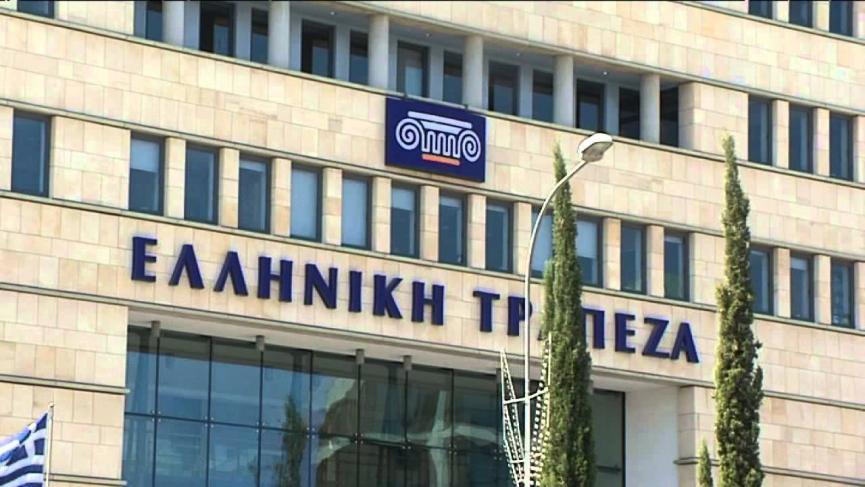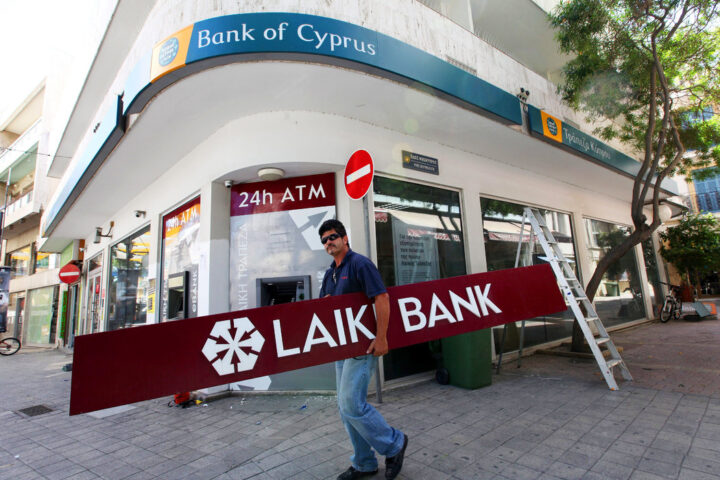Hellenic Bank has an optimistic strategic plan to generate over €200 mln in pre-tax profits in 2023, driven by changes in interest rates and lower operating costs following the early retirement scheme.
On Wednesday, Cyprus’ second-largest lender announced that its board approved a new strategic plan to establish the bank as a leading player in the domestic market with an increased focus on digitalisation.
The main strategic pillars of the Plan are (a) Development, (b) Asset Quality, (c) Cost Rationalisation, and (d) Capital and Funding Optimisation.
It addresses the bank’s structural challenges to establish itself as a leading player in the domestic market.
The Plan, which focuses heavily on digitalisation, includes initiatives to strengthen customer relations and trust and to develop new business activities.
Hellenic said it remains committed to “creating a sustainable bank through the deleveraging of Non-Performing Loans (“NPLs”) and cost optimisation”.
It aims to make the most of its human resources by strengthening employee culture.
Following the approval of the Plan, the bank aims to achieve medium-term targets for 3% NPLs, a cost-to-income ratio of 50% and new loans of €1.2 bln per annum.
Hellenic expects to see its financial performance boosted by the completion of the Starlight Project, the agreement to sell €0.7 bln NPEs and the APS Debt Servicer, expected to be completed in early 2023.
As the announcement said, the bank will engage with regulators for commencing dividend payments from 2023 onwards, subject to relevant regulatory approvals.
Gatzke
Oliver Gatzke, Chief Executive Officer of Hellenic Bank, stated: “The revised medium-term targets indicate that our transformation journey is on track.
“We are addressing the bank’s structural challenges and unlocking the potential within the organisation towards creating a bank for the future that generates value for all stakeholders.”
The announcement follows news that Capital Intelligence upgraded most of its rating for Hellenic Bank a day after the CEO returned to work once cleared of any wrongdoing in a CySEC probe into alleged market abuse.
The tension between the bank’s CEO and shareholders exploded at the AGM held in September, when the then-largest stakeholder, Demetra Holdings, essentially accused Gatzke of wrongdoing.
Capital Intelligence Ratings raised almost all its metrics by one notch but warned that “although asset quality as measured by NPLs has greatly improved, uncertainties related to the effects of the conflict in Ukraine on both asset quality and profitability are likely to continue to constrain the ratings.”
It said the bank’s outlook could be revised to ‘positive’ if the planned NPLs securitisation is concluded within the next six months and if there is a marked improvement in profitability at both the operating and net levels.
CI Ratings said the outlook could be revised to ‘negative’ or the ratings lowered if loan asset quality again worsens, “although this appears remote at this point”.
In November, Hellenic Bank announced a net profit of €76.4 mln for the first nine months to September due to higher revenue and lower costs.
According to the Group Financial Results for the nine months, there is a solid capital position with a Pro forma CET1 ratio of circa 18.7% and a Capital adequacy ratio of circa 21%, significantly above minimum regulatory requirements.
The bank also noted its “de-risked balance sheet”, saying its pro forma NPE ratio was 10.2%, while excluding the NPEs covered by the APS agreement, it was at circa 3.8%.










